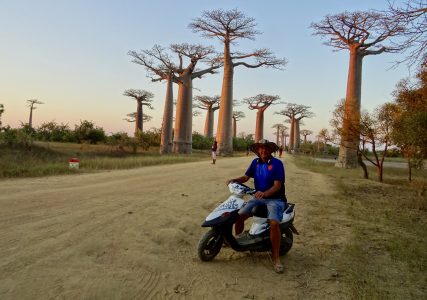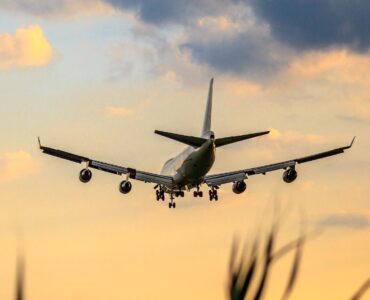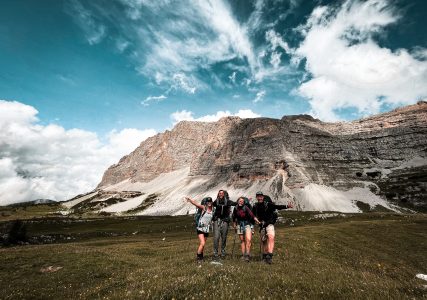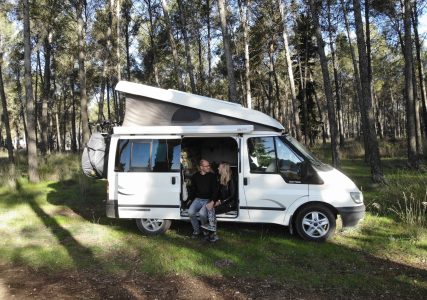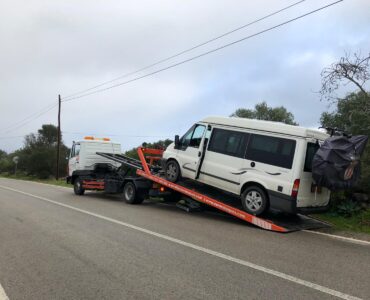As a world traveler you prefer to travel to a new destination every month, but that passion for travel also has a major impact on the environment, the local population and animals. Do not only read in advance about the culture and sights of your destination. Prepare your trip well so that you can travel as responsibly as possible with these 7 sustainable tips.
1. Think about your mode of transport
Do you have to cover a long distance and is walking or cycling not an option? Then choose public transport. From experience we can say that traveling by public transport is an attraction in itself. You interact with the locals, learn more about their culture (and sometimes you can't help but be amazed), you can enjoy the view and, moreover, travel by public transport is also a lot cheaper.
Okay, things usually go a little slower, but adventure is guaranteed. As a world traveler you simply do not want to choose the easy way and that is completely in line with responsible travel.
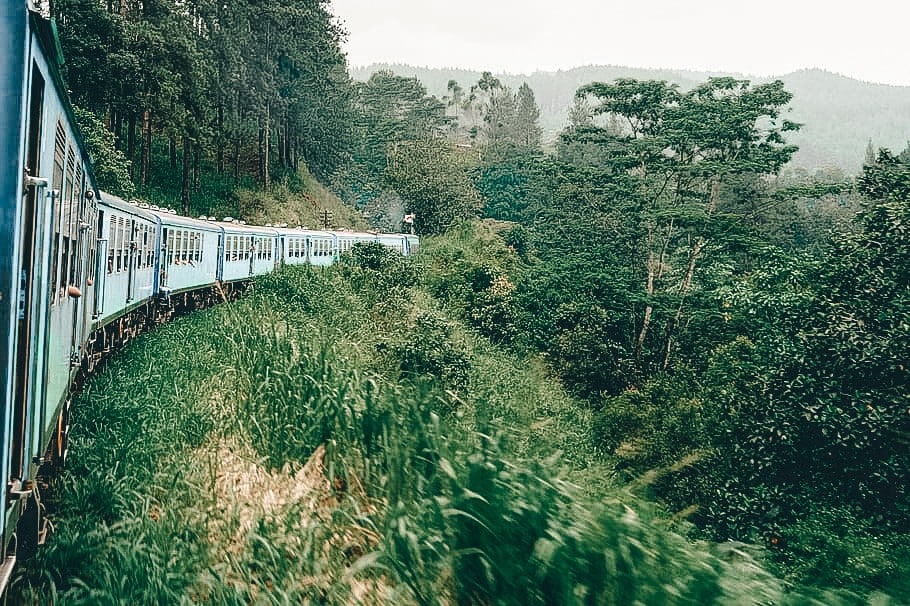
2. Only fly when absolutely necessary
During my tour through Asia I have often encountered fellow world travelers who, for example, come from Vietnam to Cambodia flew. Someone who does a little research about the route to the next destination knows that there are also other (more sustainable) options. For example, you can travel in 7 hours by local bus from Ho Chi Minh City (Vietnam) to Phnom Penh (Cambodia) for about € 40.
Do you choose the plane? Then you burden the environment no less than 7 to 11 times as much as a trip by public transport. Also count on the fact that you will lose more than €200. Therefore, only fly if it is absolutely necessary. A popular backpacking route that I have traveled myself is: Myanmar - Thailand - Laos. - Vietnam - Cambodia - Malaysia - Singapore, where you can see 7 countries without flying.
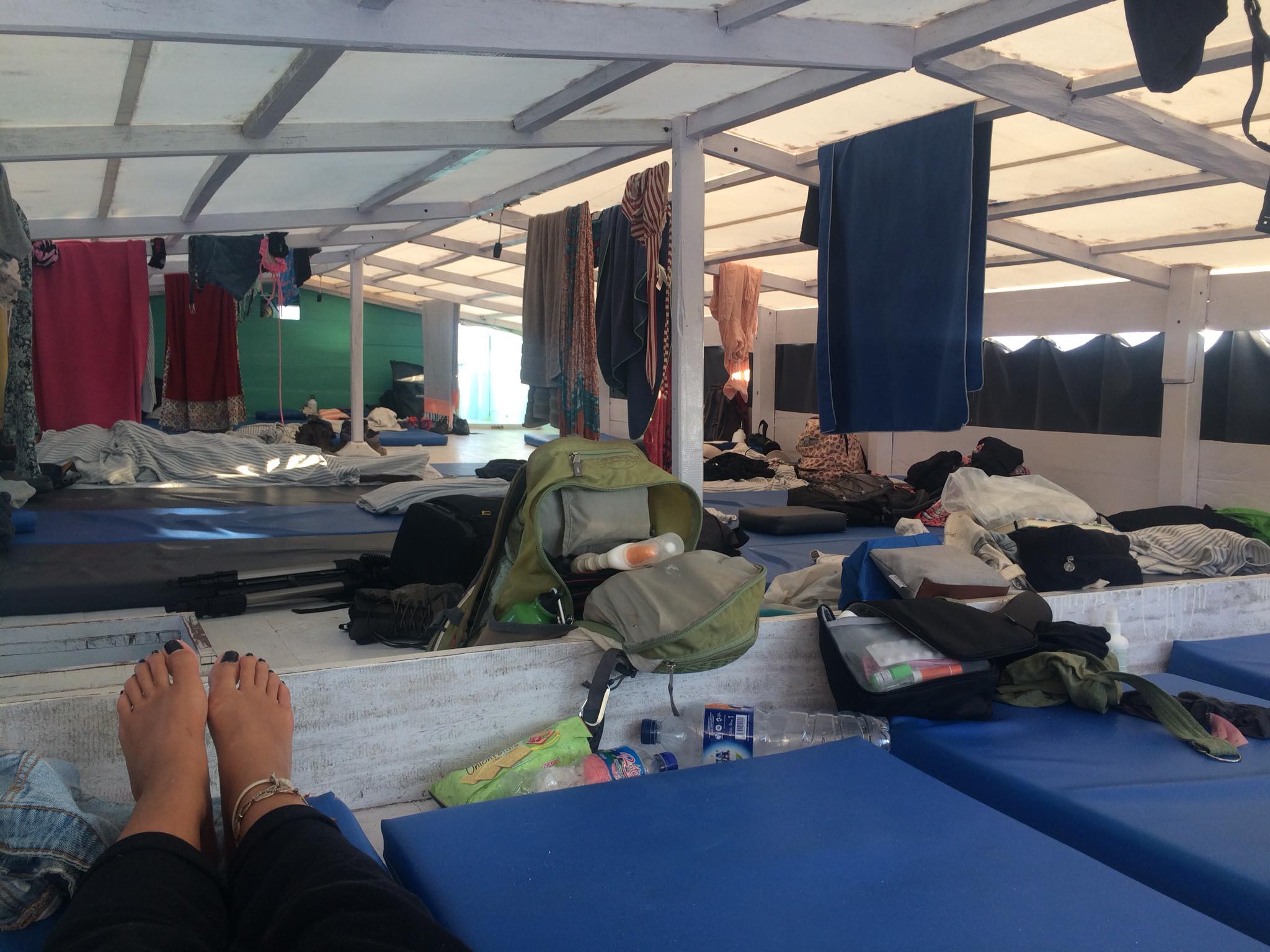
Also read: Top 10 | What are the cheapest countries for a world trip?
If you stay close to the border crossing, there will be more than enough providers that arrange public transport to the neighboring country. Usually this ends in an experience that will stay with you, because that doesn't always go perfectly. Passing a border crossing by land is also much more fun, because you immediately get an impression of the country where you will be traveling.
Tip:: Pack your luggage twice. The second time, think carefully about whether you really need the items in your luggage during your trip. A light luggage is also responsible travel. Think about how many kilos this will make a difference in, for example, an airplane if everyone packed so much. Means of transport then require less fuel and so you can easily contribute. Of course it's a win-win if you don't have to lug around a heavy bag.
3. Offset your CO₂ emissions
Do you travel a lot? Then think about compensating for your CO₂ emissions. When buying your plane ticket you can usually indicate immediately whether you want to compensate your flight. Vliegtickets.nl does this, for example, in collaboration with Trees for All, which prevents further deforestation of the earth by planting new trees worldwide. But you can of course also look for initiatives that you want to support.
Personally I am very enthusiastic about the bags from GOT BAG. They work with the organization Coral Gardeners. GOT BAG and Coral Gardeners have one thing in common: they are committed to the well-being of the oceans and everything that lives in them.
Coral Gardeners is an organization that works to protect coral reefs by cultivating and planting new coral. As a traveler you are undoubtedly aware of the great importance of coral reefs. In the last 30 years almost half (!) of all coral has disappeared. Threats include global warming, overfishing, trawl nets and pollution. When there is pollution, the organization GOT BAG takes action.
Netflix watching tip: 'Chasing Coral' & 'David Attenborough: A Life On Our Planet'
To date, GOT BAG . has about 490 tons (!!) plastic collected from coastal areas and the sea to prevent the plastic from ending up in the ocean. This ocean plastic is used to make the bags.
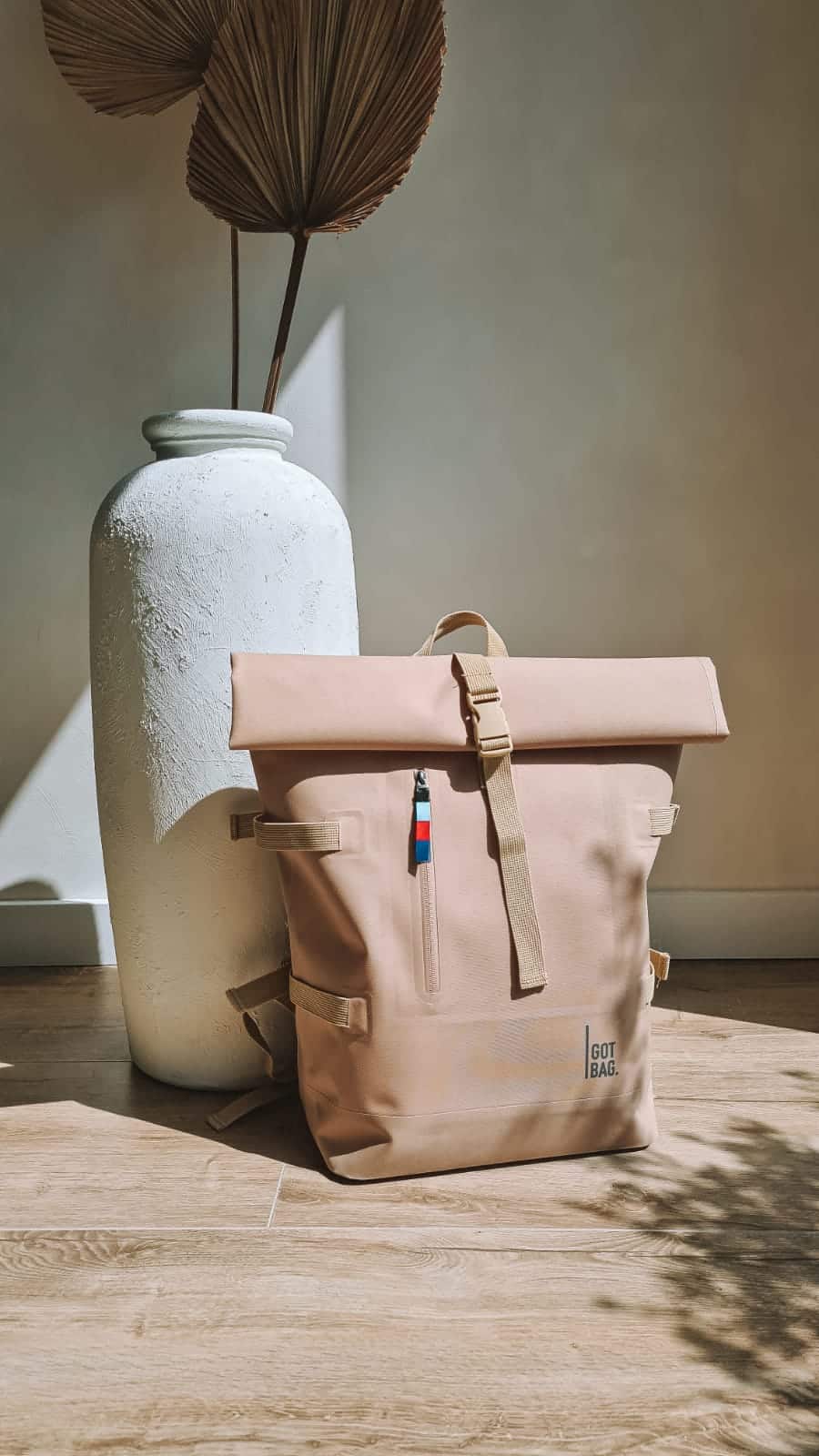
Not only do you walk with a nice, practical bag during your trip. The backpack contains no less than 3,5 kg of ocean plastic and with purchase you automatically adopt a coral in French Polynesia. Something you can be proud of and make your travel buddies aware of while traveling!

4. Sleep and eat as locally as possible
Avoid mass tourism by first looking critically at your destination. Is the destination fixed? Choose responsible travel, by sleeping and eating as locally as possible.
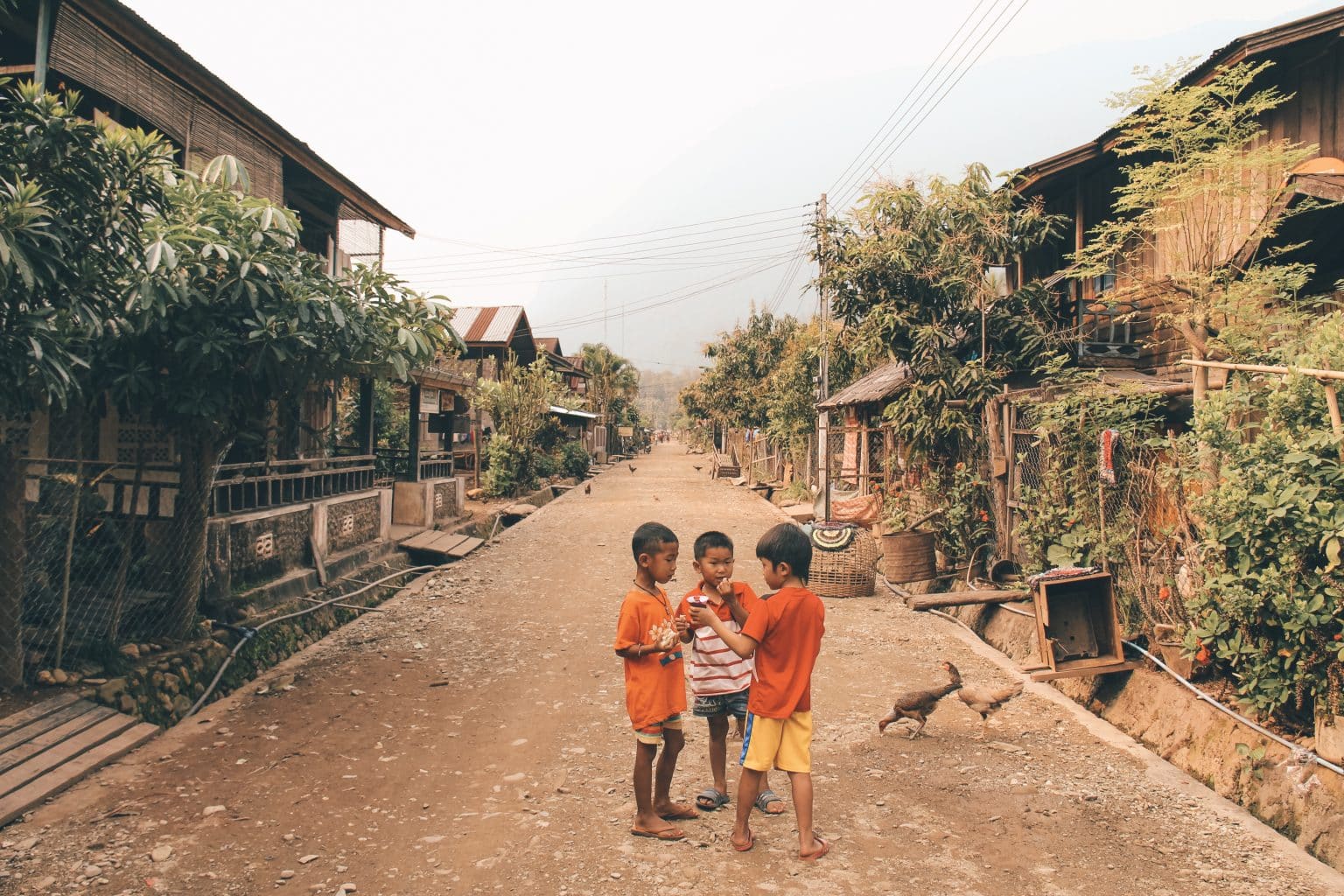
I have the best memories of homestays. You are then a guest at a family instead of a super luxurious, impersonal hotel. You support the local population and learn so much about their lifestyle, which can greatly contribute to your experience of a country.
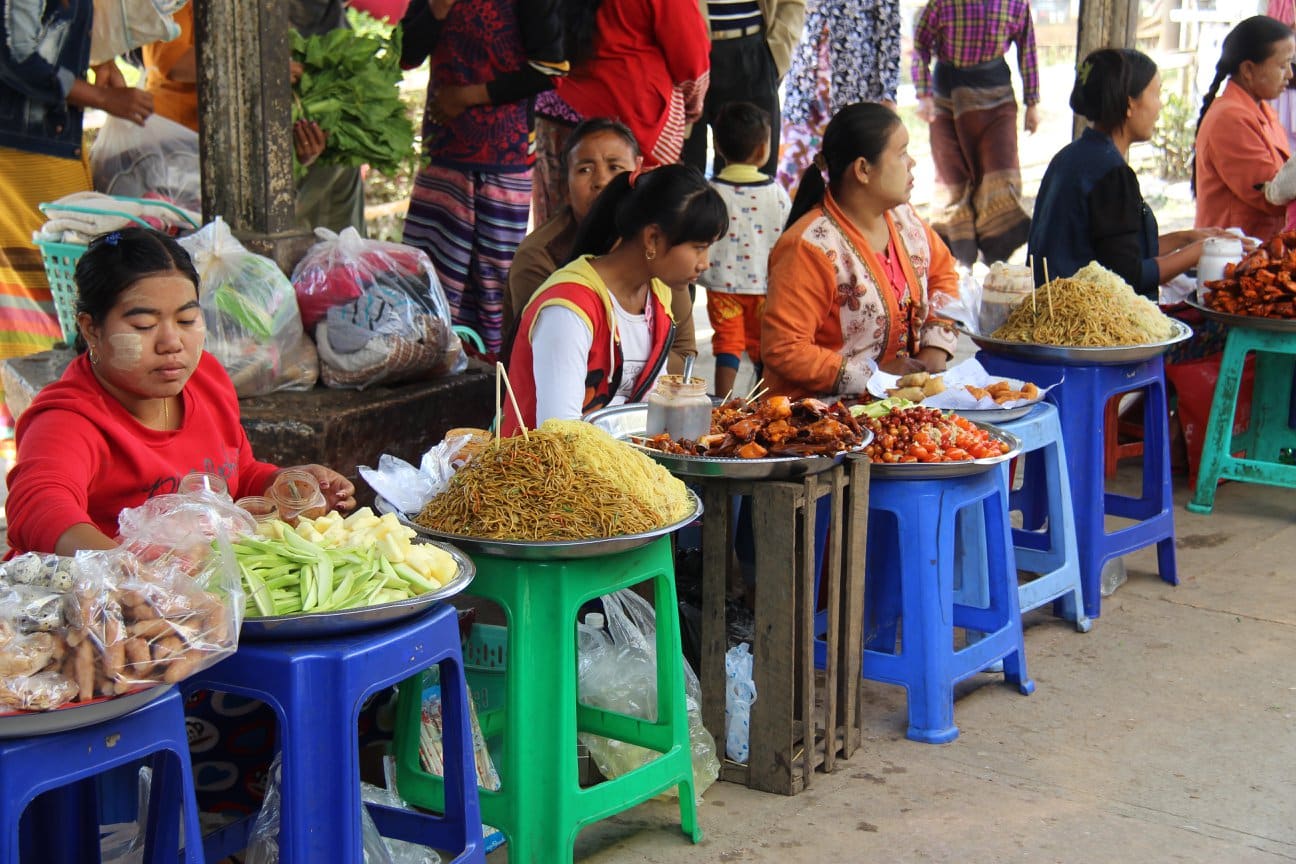
The great thing about homestays is that they can also provide you with the best tips. How to avoid the crowd and the neighborhood gems that aren't listed on Google. Gems as in must-sees and also gems where you can eat locally. Often so much tastier! Priceless if you ask me and something we should all maintain.
5. Consciously buy souvenirs
Think about where you shop for souvenirs and what you buy. First of all, don't go to large shopping malls, but buy locally. Shop from the street vendors who spend hours creating beautiful souvenirs and know when to stop haggling.
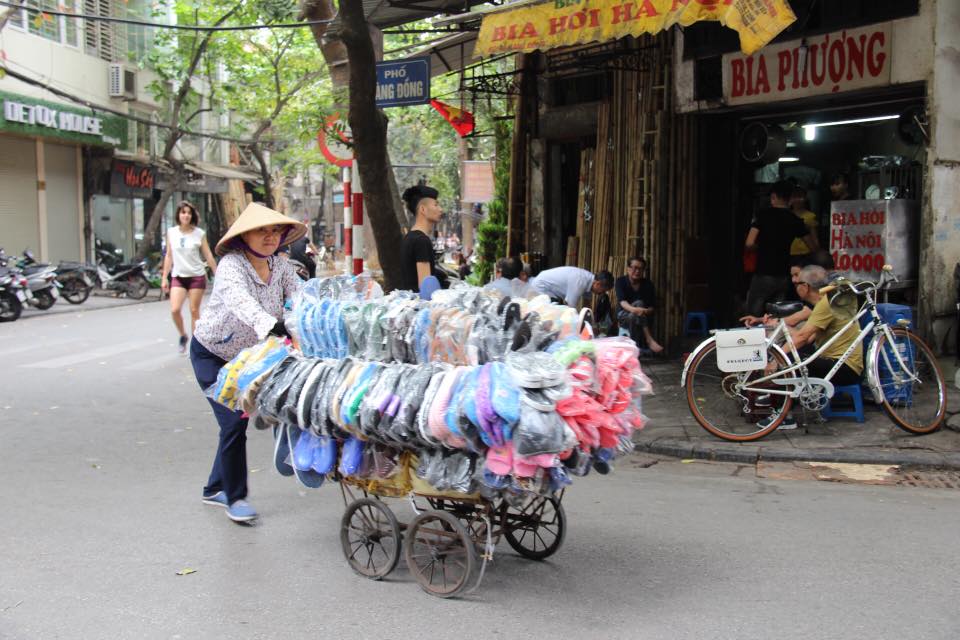
You don't want to be the one depriving them of that little bit of profit they make. Also check carefully what you buy. Responsible travel means that you don't buy souvenirs that involve animal suffering and you ignore the necklaces with shells.
6. Don't support animal suffering
On my first trip to Asia I had no idea. I really wanted to come face to face with elephants and I had also spent quite a few hours looking for a park where the animals were treated very well and back rides were prohibited. However, I now know much better…
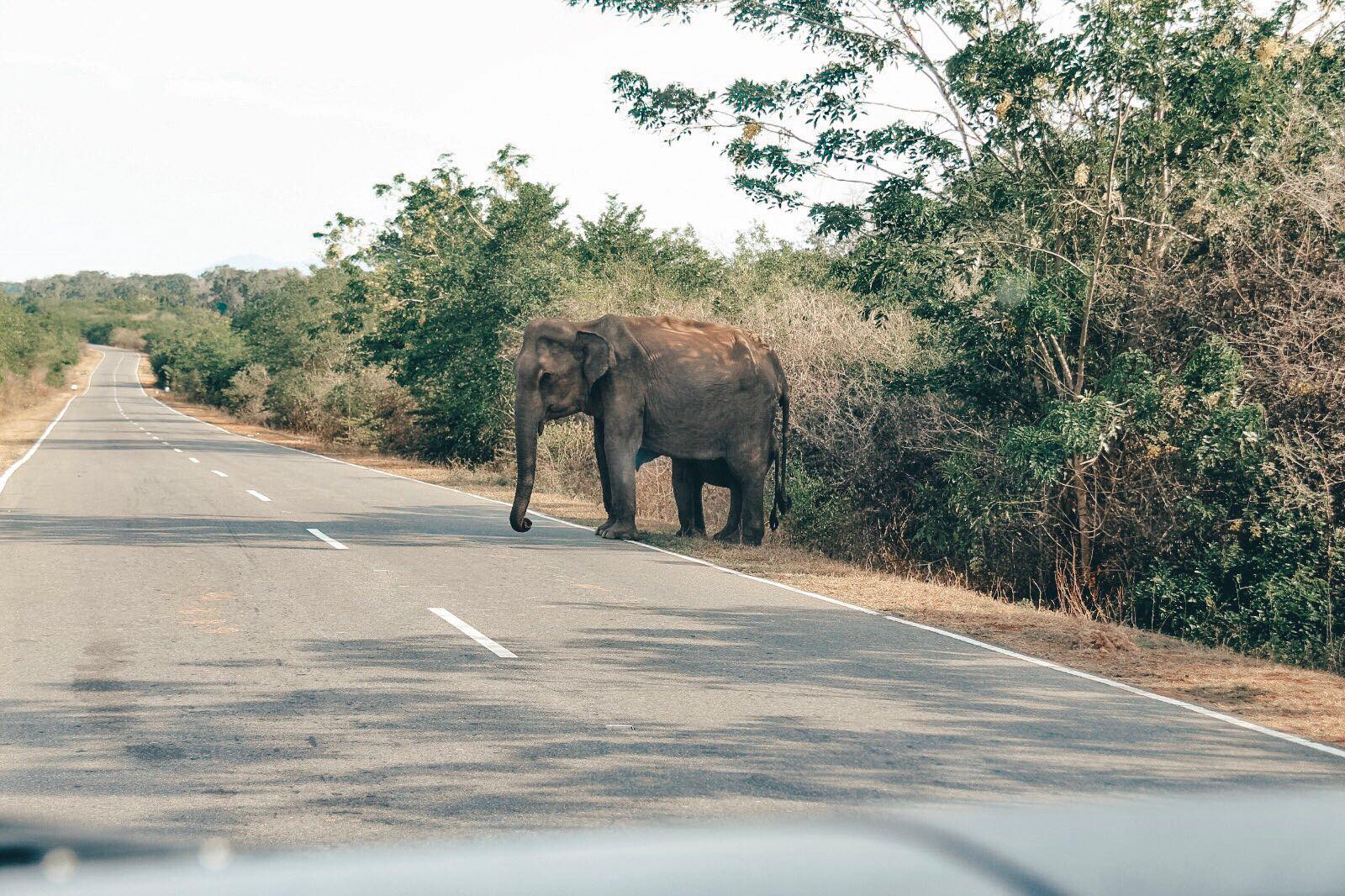
Animals should not be used as tourist attractions. Elephants are taken from their mothers when they are young and they are harshly trained to learn to listen. You don't know whether this applies to every organization. An excuse that they are treated well is not a reason to participate in activities with animals. You can't just assume it because you can't control it. And of course they won't tell you that either.
Do you see monkeys on chains in Marrakech? Are you offered a cup of Luwak coffee in Bali? Or is a camel or elephant ride included in your excursion package? Say no!
Also read: Itinerary through Bali in 2, 3 or 4 weeks | All must-sees and travel tips
7. Reduce your plastic consumption
The amount of plastic produced worldwide every year has exploded in the span of a lifetime: From 2 million tons in 1950 to 368 million tons in 2019. Production is expected to increase even further to around 600 million tons by 2025 (!!).
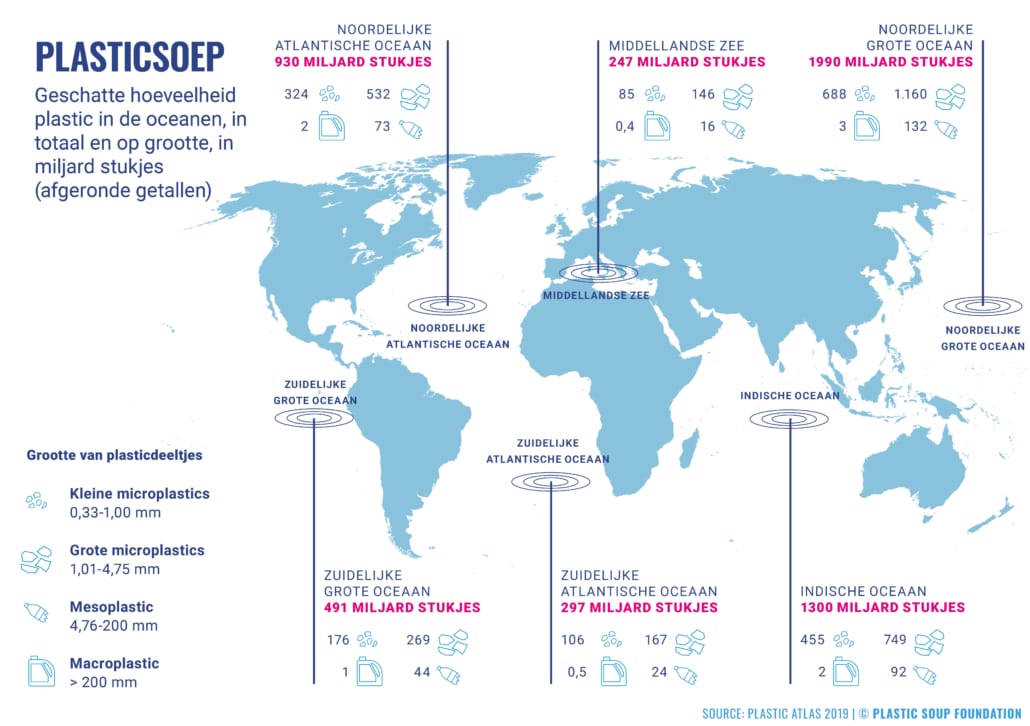
So it is an understatement that many countries are dealing with a plastic problem. The worst part is that the local population is often not even aware of the consequences of all that plastic waste. Something in which we as world travelers can set a good example. For example, by organizing beach clean-ups or taking all the litter in a bag while hiking.
You also set a good example by producing as little plastic waste as possible yourself. By far the most plastic, almost 40%, is used for packaging material. So pack your backpack with below items that ensure that you can travel plastic-free and therefore responsibly.
- Bamboo straws (here for sale).
- Shampoo/conditioner bar (here for sale).
- Cotton world travelers bag (here for sale in our webshop).
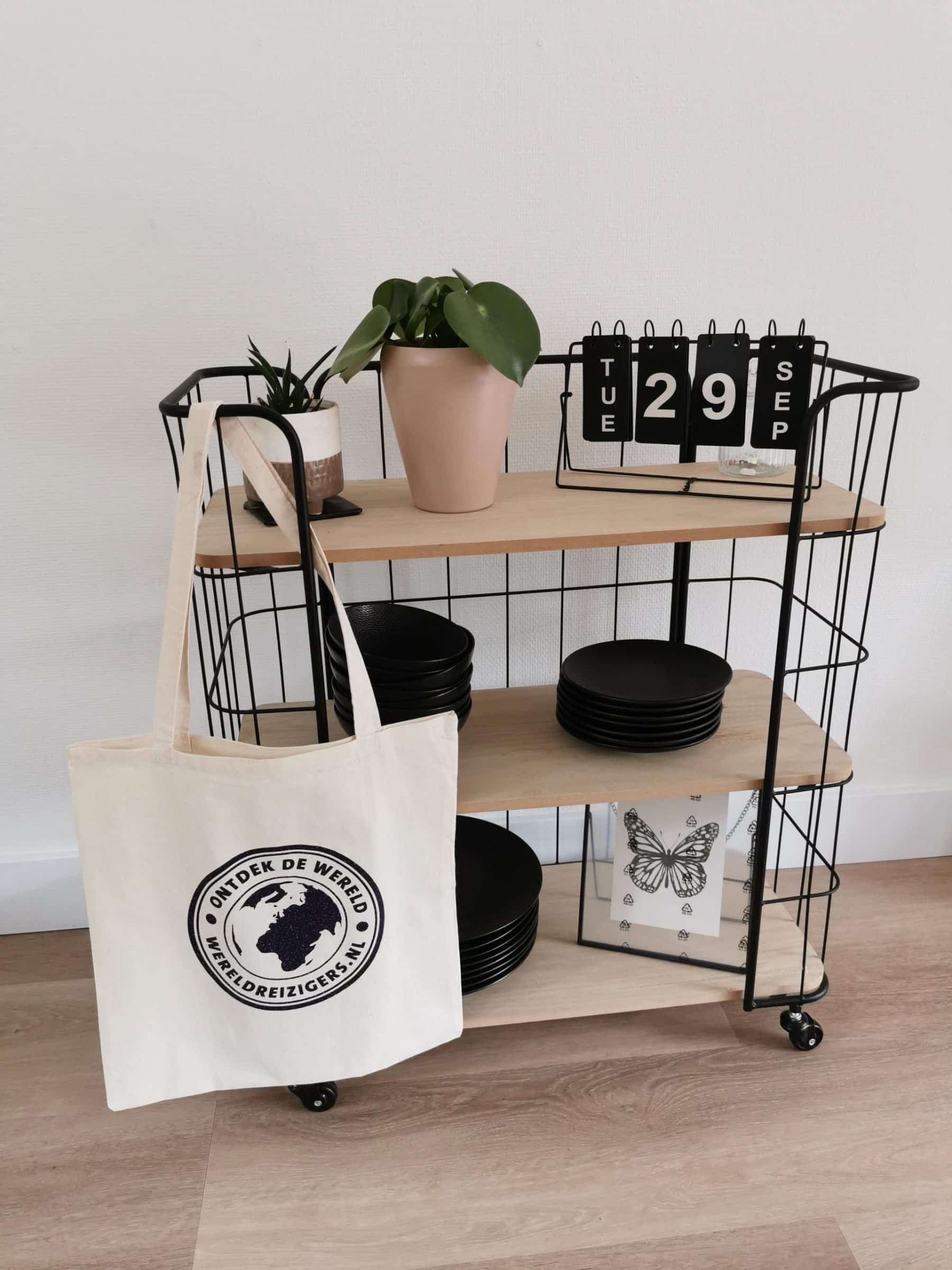
- Reusable drinking bottle and/or water filter (here for sale).
- Travel cutlery set (here for sale).
- Toothpaste tablets (here for sale).
- Zero waste deodorant (here for sale).
Do you have any good or nice sustainable tips for responsible travel? Share them with us in the comments!




